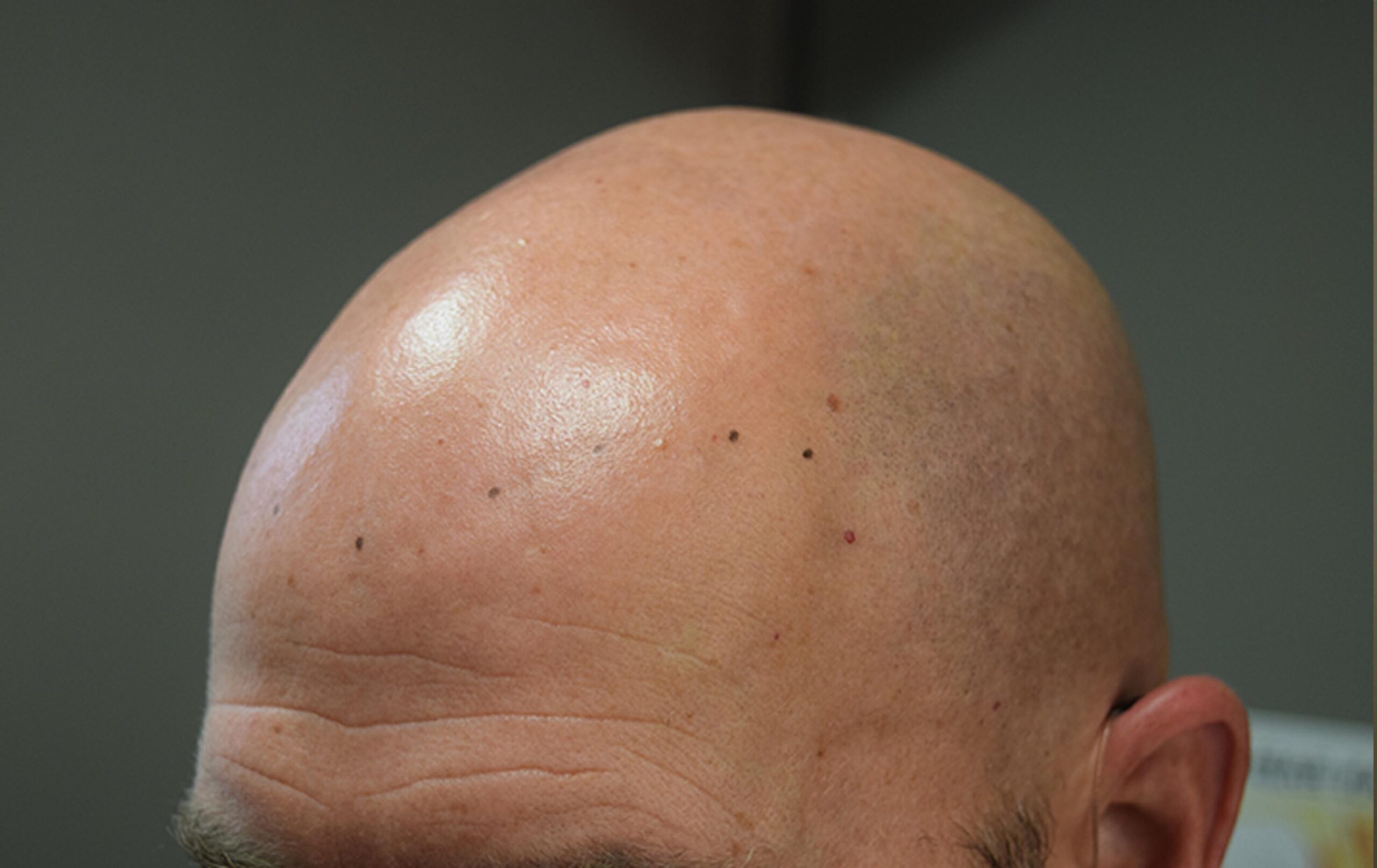Hair loss and iron deficiency are related. You are more likely to experience hair shedding if you have iron deficiency. Nobody is immune to this form of hair loss. Iron deficiency caused hair loss or hair thinning is very much a reality.
Iron Deficiency Caused Hair Loss Causes
Iron is crucial to health and well-being. It plays several critical roles in the body. Iron helps transfer oxygen to different organs and tissues via red blood cells. Therefore, getting enough iron is crucial for several biological processes.
Since hair follicles are the fastest-growing tissues, they need an adequate supply of iron for rapid growth. The body’s lack of iron reduces activity within follicle cells that produce new hairs. As a result, depleted iron stores may trigger hair loss over time.
The Link Between Low Iron and Hair Loss
Some scientific research studies show significantly low serum ferritin levels or diffuse hair thinning in people with alopecia. You may notice more hair shedding if you are deficient in iron. Then, the hair might appear thinner, with areas of noticeable male or female pattern hair loss.
Supplementation of diet with iron facilitates hair growth, though it may sometimes take 6 months or longer.
Who’s At Risk for Iron Deficiency Hair Loss?
Iron deficiency may result in thinning hair. Here is a group of people suffering from iron-related loss of hair.
- Premenopausal women experience iron-deficiency hair loss due to heavy periods.
- People with hypothyroidism may suffer from depleted iron levels.
- Individuals with bleeding disorders may also be victims of iron-related hair loss.
- Frequent blood donors may also suffer iron loss.
- People on a vegan and vegetarian diet experience iron loss due to plant-based diets with more non-heme iron intake.
- Bariatric surgery patients suffer from iron loss due to poor nutrient absorption.
Is Iron Deficiency Caused Hair Loss Permanent?
No, it isn’t. Addressing nutritional deficiencies may help your cause. However, dietary intervention does not induce a positive effect overnight. It takes time for follicles to return from the resting phase to normal.
Eating iron-rich foods is a good way to incorporate iron in your diet through leafy greens, fish, seafood, red meat, nuts, legumes, seeds, grains, dried fruit, and lentils.
But it may take months for the body to return to normal iron levels if you try to replenish them through diet. Follicles will not return to their normal selves immediately. Rather, it will take longer for follicles to transition into the active phase. When that happens, you will notice less hair shedding.
But anyone with normal iron levels should avoid supplements. Too much iron can cause toxicity. It won’t help any hair growth if your levels are normal. If you want to overcome hair loss, one of the powerful ways is to hide symptoms with scalp micropigmentation.
How Can SMP Help Iron Deficiency Caused Hair Loss?
Scalp micropigmentation is a procedure to hide any signs of hair loss or scalp problems with specialized SMP pigments. Get help from a professional scalp artist in Phoenix who knows his job better and specializes in micropigmentation.
DermiMatch Clinic SMP practitioners are trained and skilled in helping clients with baldness, thinning hair, and similar scalp problems.

